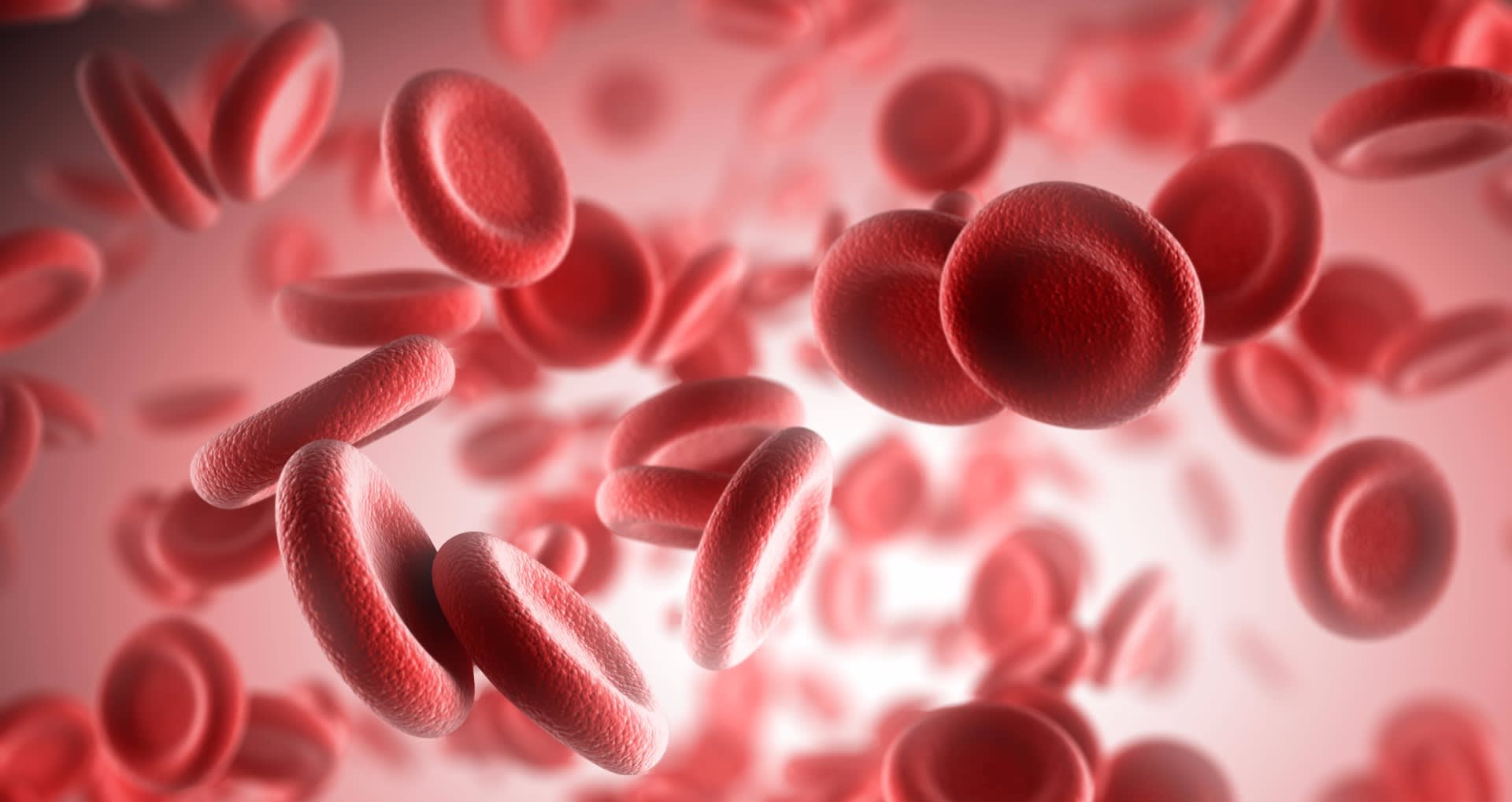
Haematinics Test
$139 AUD
Haematinics are nutrients required for the formation of blood cells. Iron, vitamin B12 and folate are the main haematinics, and deficiencies can lead to anaemia.
What's included
Iron Studies
Iron deficiency is the most common nutritional problem in Australia. It slows your body’s production of haemoglobin, which your red blood cells need to pick up oxygen from your lungs and carry it to every cell in your body. If you have a shortage of iron you experience symptoms of anaemia, which include feeling breathless after little exercise, feeling tired, heart palpitations and looking pale.
B Vitamins
This blood test helps identify nutritional deficiencies or absorption issues that may contribute to anaemia, fatigue or cognitive changes. Active B12 provides a more sensitive assessment of metabolic B12 availability and helps detect early deficiency that may not appear on standard total B12 testing.
Test instructions

Download and print your pathology form from your i-screen dashboard.

Take your form to one of our affiliated collection centres to have your sample taken.

You do not need to fast for this blood test.
Ready. Set. Go!
for $139
You may also be interested in
Essential Fitness Check
20 tests included
$95 AUD
If you're embarking on a new fitness program, understanding key biomarkers in your blood with an Essential Fitness test can help make sure you're in good shape before you start.
Best seller
Lifestyle Test
16 tests included
$69 AUD
Get an insight into your risk of heart disease, liver function, kidney disease and type 2 diabetes. Take control and find out how you can prevent these becoming part of your future.
Best seller
Essential Health Test
28 tests included
$140 AUD
A blood test that covers the essentials for a comprehensive annual health check. This blood test is a simple and reassuring way to assess the current state of your health.